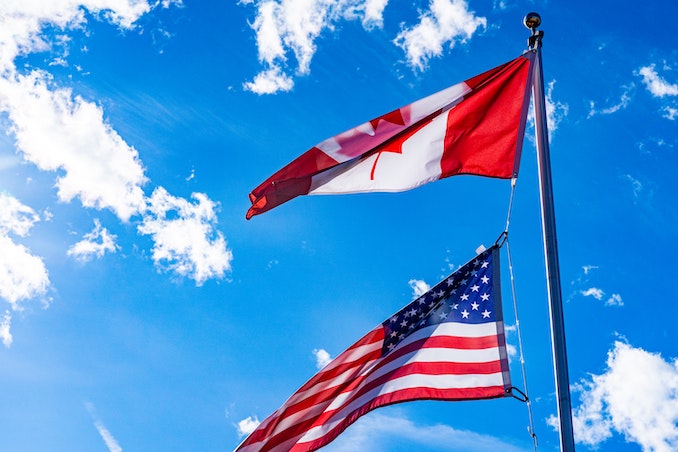The Gambling Industry: A Paramount of The Entertainment Sector
In today’s world, the entertainment industry is one that is continuously responsible for the birth of new subfields. The first television show aired in 1928, and the first variation of moving pictures would grace the world in 1888. This led to one of the largest sectors within the entertainment industry, which can be seen by the sheer number of film festivals and other film-based events that are widely known today, which is a testament to the prevalence of the industry.

The practice of gambling, on the other hand, is one of the few businesses that has been around not just for years or decades, but for whole generations. Gambling has a long and varied history that has seen significant change over the course of the years. Despite these shifts, the core concept of gambling has remained the same: a game of chance that may either end in a profit or a loss.
However, with an industry as large as this, there needs to be a strong degree of laws and regulations surrounding them, as the law is what protects us from crimes and misdeeds. As a result, many countries have different laws and regulations in regard to gambling. States such as The UK for example have certain specific laws on the matter, whilst in Muslim countries such as Malaysia, the laws prohibit gambling as it clashes with their religious beliefs.
Within this article, however, I will be comparing the laws and legislations of the U.S and Canada, in regard to gambling to see which one has the strongest restrictions towards gambling.
The Types Of Gambling, With Reference to Offshore Sports Betting
There are a variety of sub-industries that fall under the umbrella of the gambling business. Some examples of these sub-industries include gambling at land-based casinos, gambling at internet casinos, gambling at live casinos, and many others. In most cases, each of these forms of gambling is either completely allowed in certain jurisdictions, completely forbidden in some states, or individually regulated.
Offshore betting, which operates outside most countries and cannot be regulated like land-based casinos, is one of the biggest gaming industries and has worried politicians worldwide. However, most of it is legal for the most part. Thanks to the Sportslens list of the best offshore betting sites here one can bet to their heart’s content on a number of different sports, and benefit from some of the best offers and rewards.
A Brief Look At US Gambling Laws
Gaming is allowed in the US, although interstate and internet gambling are restricted. States can restrict or ban the practice. Including state-run lotteries, most states allow gambling. Casino-style gaming is rarer. The Indian Gaming Regulatory Act of 1988 allows Native American Trust Land to be utilized for gambling with a state-tribal agreement.
Only Nevada and Louisiana allow casino-style gaming. State and municipal governments regulate licensing and zoning. Casino-style gambling is only allowed in Atlantic City, NJ, and select American Indian reservations, some of which are near big towns. American Indian tribes have opened casinos under legal protection as sovereign countries, a difficult political subject in California and other states. Casinos are generally limited to “riverboats,” enormous multi-story barges parked on water.
However, online gambling is better controlled. The 1961 Federal Wire Act banned interstate sports betting but not other gambling. The 2006 Unlawful Internet Gambling Enforcement Act restricted financial transactions with online gaming providers, reducing online gaming to video games with no actual awards.
Canadian Gambling Laws
Canada’s gambling laws have a history, which spans generations. Canada legalized gambling in the late 1960s, and the practice has been there ever since; sports betting was subsequently also decriminalized in the country. When internet casinos were available, though, things started to shift. Anyone with even a passing knowledge of technology back then could cash in on these Casinos and not have to worry about breaking any laws by doing so.
The Canadian government saw this as an opportunity and a problem, and in the end, it decided to create its own government-backed internet casinos. However, the fourteen billion dollars generated through these sites was not enough for the government, since only three and a half billion dollars were invested in government sites.
They responded by passing the Safe and Regulated Sports Betting Act. This legislation was a watershed moment for the gambling industry since it legalized single-game wagering on sporting events. This measure had been enthusiastically embraced back in 2021 when it was first conceived.
Final Statements: Which Country has The Tightest Gambling Restrictions?
When compared to other countries, it is not hard to see that the United States has more stringent regulations. Despite the fact that it is a federal state and that state lawmakers are the ones who decide whether or not gambling is lawful, there is still a significant amount of limitation and control in place in relation to internet gambling and sports betting.

